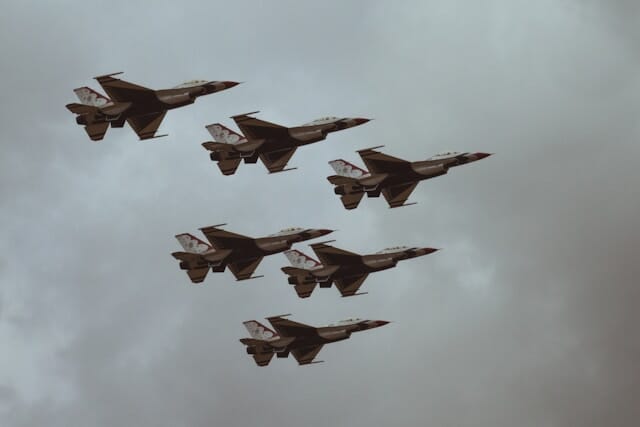Tensions in the Middle East have escalated dramatically as reports confirm Israel launched pre-emptive strikes on Iran, with explosions heard near Tehran in the early hours of June 13, 2025. This development follows months of heightened rhetoric and military posturing, primarily centered around Iran’s nuclear program.
The strikes were a “preemptive, precise, combined offensive” that included “dozens of targets” across Iran, the Israeli military official said. : There was no US involvement or US assistance in the strikes, Secretary of State Marco Rubio said. “Tonight, Israel took unilateral action against Iran. We are not involved in strikes against Iran and our top priority is protecting American forces in the region,” he said in a statement. CNN
What Happened: Israel’s Strike on Iran
On June 13, 2025, Iranian media reported explosions northeast of Tehran, attributed to Israeli airstrikes targeting key military and possibly nuclear-related sites. The strikes come amid warnings from a “friendly country” to Iran about a potential attack, as reported by an Iranian official. Israel’s actions follow a pattern of escalating tensions, with Israeli officials citing Iran’s advancing nuclear capabilities as an existential threat. The Israeli military has not officially confirmed the strikes, but sources indicate preparations have been underway for days, with the Israeli Air Force poised to act unilaterally.
Why Did Isreal Strike Iran?
Israel’s concerns over Iran’s nuclear program have intensified, particularly after the International Atomic Energy Agency (IAEA) declared Iran in breach of non-proliferation obligations on June 12, 2025. Iran’s response—announcing a new uranium enrichment site—further fueled fears in Israel of a nuclear-armed Iran. Israeli Prime Minister Benjamin Netanyahu has long advocated for military action to curb Iran’s nuclear ambitions, viewing recent setbacks to Iran’s proxies, Hezbollah and Hamas, as a strategic opportunity.
Meanwhile, U.S.-Iran nuclear talks, set to resume in Oman on June 15, 2025, have been overshadowed by these developments. U.S. President Donald Trump, while pushing for a diplomatic resolution, acknowledged the likelihood of an Israeli strike, warning it could spark a “massive conflict.” Despite U.S. efforts to negotiate, Israel’s impatience with the pace of talks and Iran’s refusal to halt uranium enrichment prompted the attack.
The international community is on edge. The U.S. has distanced itself from direct military involvement, with officials stating no U.S. forces will support the strikes. However, the U.S. could provide intelligence or defensive support against potential Iranian retaliation. The State Department has ordered evacuations of non-essential personnel from Iraq and restricted travel for U.S. government workers in Israel, signaling fears of a broader conflict.
An Israeli strike on Iran’s nuclear facilities, such as those at Fordo and Natanz, could set back Iran’s nuclear program but is unlikely to destroy it entirely due to the sites’ fortified underground locations. Experts note Israel’s limited bomb-carrying capacity may require multiple strikes, increasing the risk of prolonged conflict. Iran’s potential retaliation, including missile attacks on Israel or U.S. assets, could ignite a regional war, drawing in Iran’s remaining allies like the Houthis in Yemen.
The coming days are critical. The Oman talks could either de-escalate tensions or collapse entirely, potentially emboldening further Israeli action. Iran’s response will be pivotal—its leadership has warned of targeting Israel and U.S. interests if attacked. The Middle East stands at a crossroads, with the risk of a broader conflict looming large.
Read More
- Live Video- Isreal Strikes on Iran Capital Tehran
- Remembering Brian Wilson- The Beach Boys’ Visionary Whose Genius Redefined Music Forever
- Tems to Peform at FIFA Club World Cup 2025 Halftime Show- A Historic Performance Awaits
- Apple Renames iOS 19 to iOS 26: What’s Behind the Major OS Rebrand at WWDC 2025
